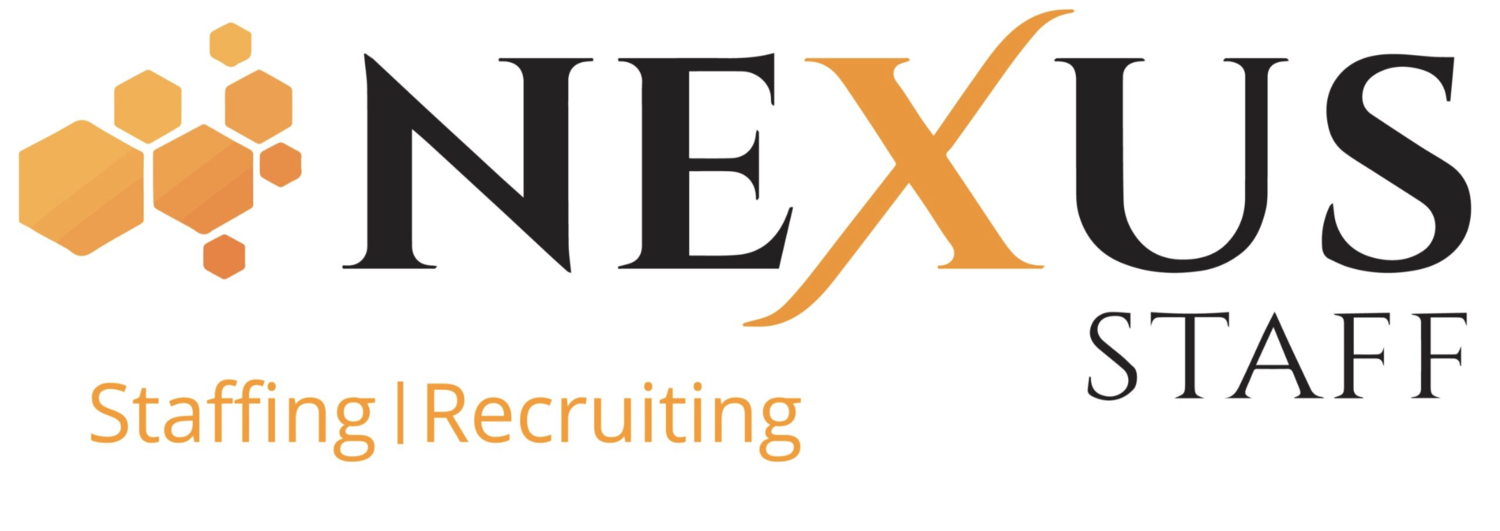How To Get The Most Out Of An Informational Interview
Informational interviews allow job seekers to gather more information about a certain industry, organization, or even a specific role. Unlike official job interviews, there typically isn’t a job opening involved. Instead, it is simply an opportunity for candidates to learn more about a career they would potentially be pursuing. This means informational interviews tend to be pretty casual, such as meeting for coffee or a quick phone or video call. Interested in setting up an informational interview? Keep reading for six helpful tips.
Step out of your comfort zone
For some job seekers, reaching out to people for an informational interview or networking in general can feel unnatural or even a bit awkward. If this sounds familiar, the good news is you’re not alone! In order to overcome these feelings, however, remember to keep your eye on the end goal — learning more about your potential new career or organization. Try to contact people you may have already briefly met in a professional setting or even your family and friends. As you become more comfortable with the idea of an informational interview, search for new connections through your existing role, volunteer opportunities, school alumni, or even LinkedIn and company webpages.
Set out for information and networking opportunities, not a job offer
Remember, just as the name implies, an informational interview is simply to gather information, whether it’s about a certain career, company, or field. This means it’s not a good idea to go into your informational interview expecting to receive a job offer. Instead, apply what you’ve learned to your own job search.
Research the industry and role you’re interested in
While the purpose of an informational interview is to gather information, it’s still a good idea to have some understanding of the information you’re seeking. Follow the same steps you would if it were a traditional interview: explore company websites, research the person you are meeting with, and familiarize yourself with industry news. Doing so will give you context to your conversations and allow you to ask questions when necessary.
Prepare questions
In a traditional job interview, asking your interviewer questions shows you’re interested in learning more about your potential employer and the role itself. On the other hand, in an informational interview, it’s almost like the roles are reversed – as the job seeker, you become the interviewer. This means to prepare for the interview, you will want to have put together a few questions that will ultimately help you learn more about the person you are trying to connect with, a field, etc. In the event that the person you are speaking with does know of a job opening currently available, they’ll know you are genuinely interested in the role.
Remain professional
Despite their casual nature, if you’re partaking in an informational interview, remember to remain professional. This means you’ll still want to treat the other person with respect and arrive on time, dress presentably, and avoid any common interview mishaps. Throughout your interview, keep your questions and answers professional and remember to never speak poorly about past roles that you’ve held.
Send a thank you-note
Although your informational interview may not have been a “typical” job interview, sending a thank-you note to the other person shows you are interested in furthering your career. Add in specific information from your conversation to show you were really paying attention and valued the meeting you had.
Ready to apply the information you’ve learned in your informational interview to your job search? Contact Nexus today for a personalized recruitment experience. Our team is ready to help you find an opportunity that perfectly aligns with your skills.








